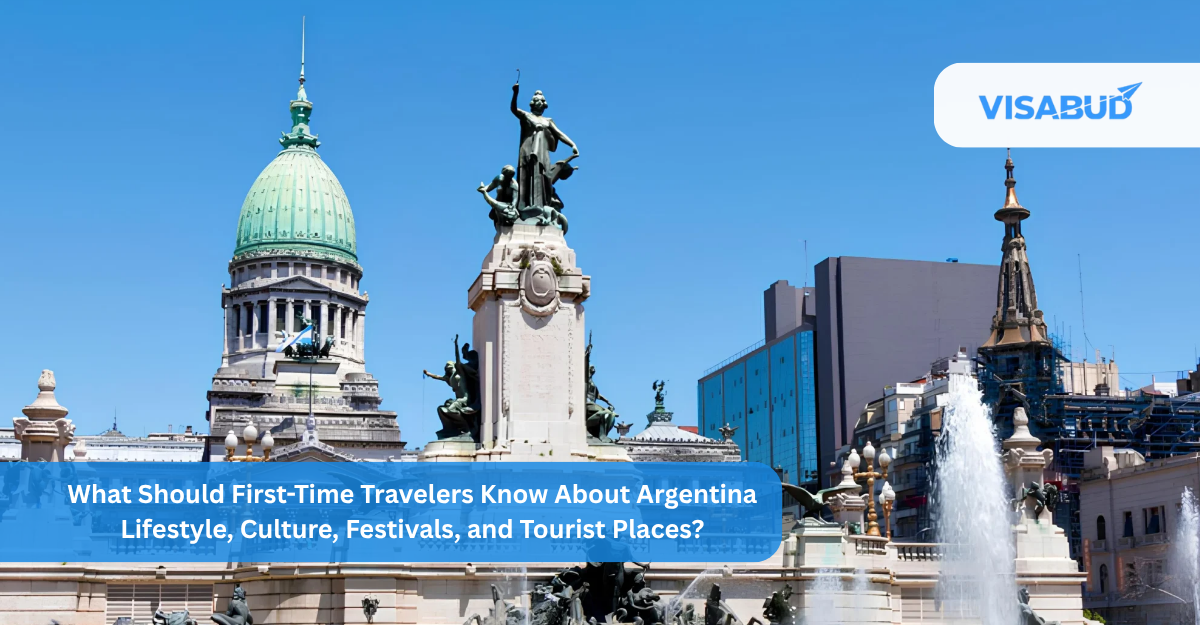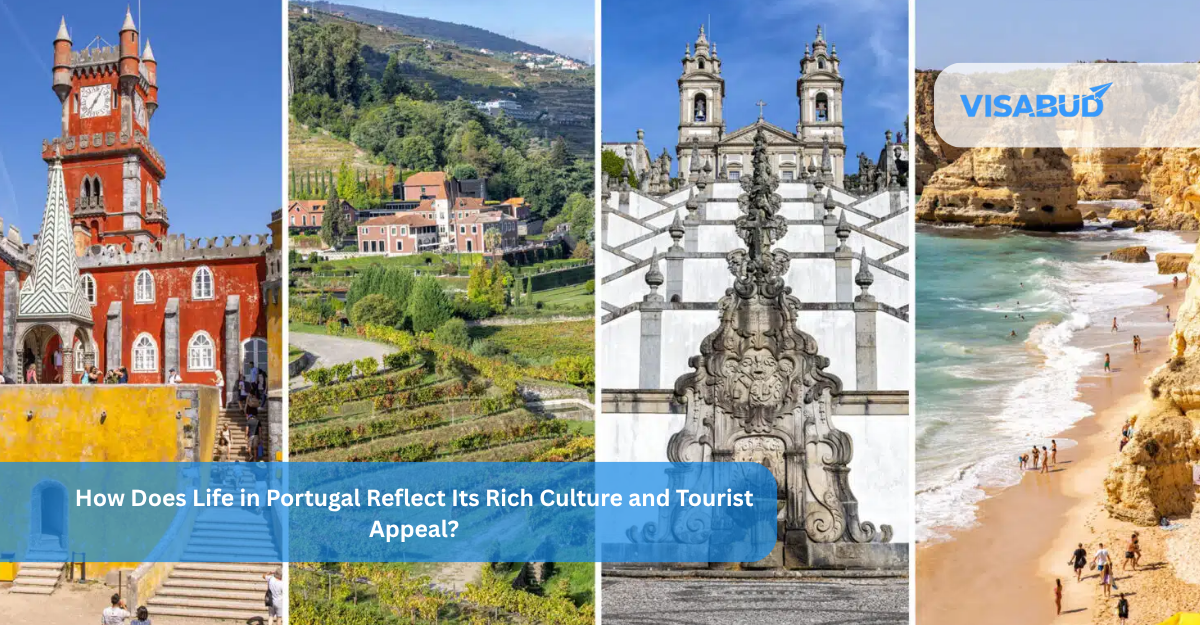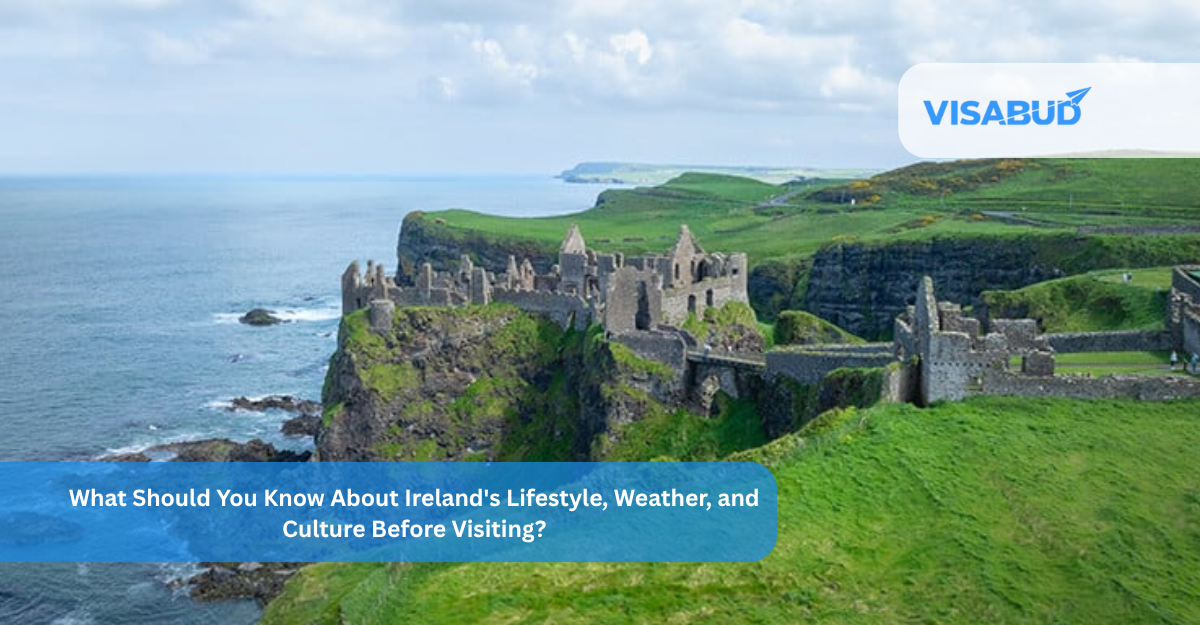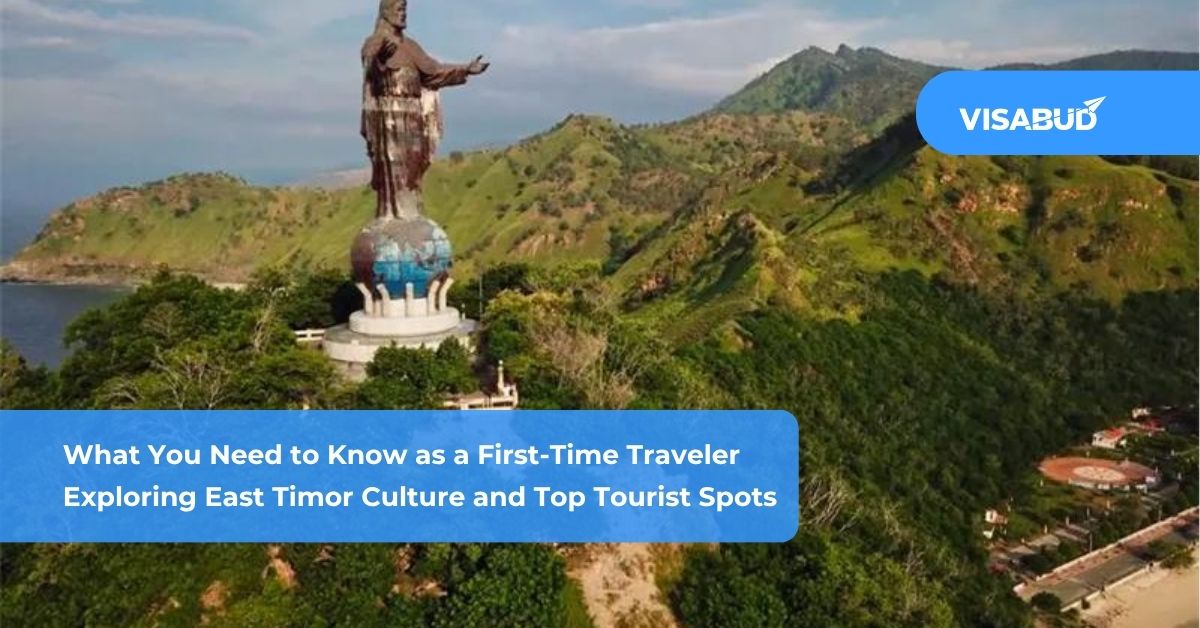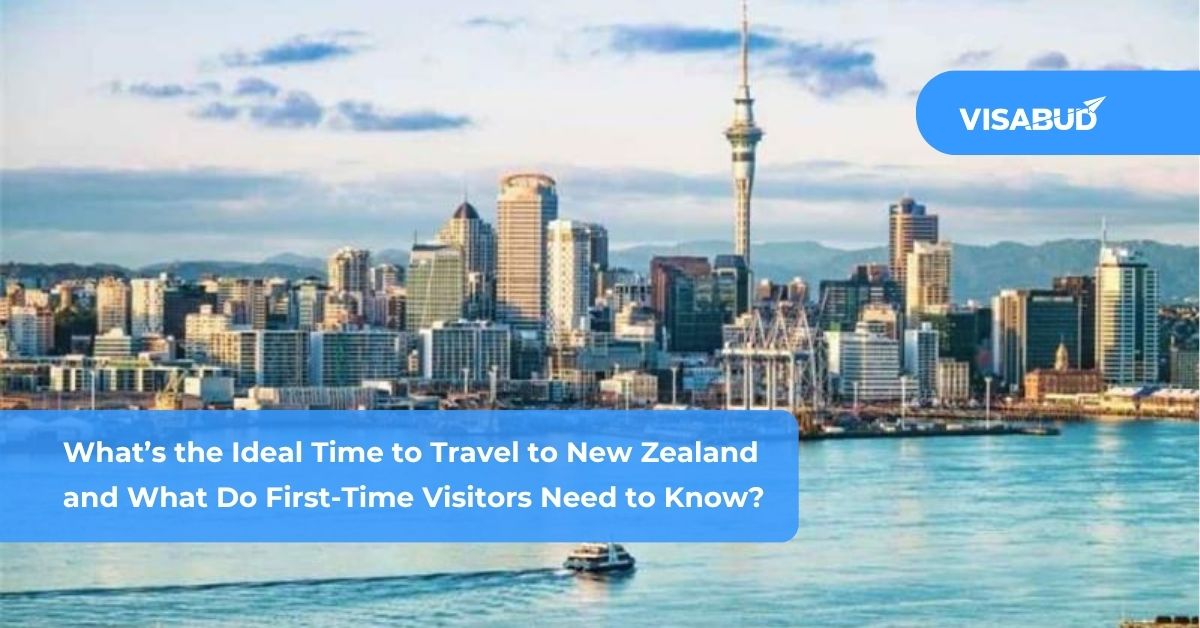Poland is a country that beautifully bridges the gap between old-world charm and modern-day living. From its cobblestone streets and Gothic cathedrals to bustling cities and innovative industries, Poland offers a unique blend of cultural richness, historical depth, and contemporary growth. Whether you’re planning a trip, considering a longer stay, or simply curious about the country, this guide will give you a comprehensive overview of Poland’s lifestyle, culture, and travel highlights.
Polish Lifestyle: Everyday Living in Poland
Poland offers a comfortable, well-rounded lifestyle that caters to both locals and expatriates. It combines European standards of living with its own distinct traditions and rhythms.
Cost of Living
Generally more affordable than Western Europe
Major cities (Warsaw, Krakow) are more expensive but still budget-friendly compared to London or Paris
Rent, public transport, and groceries are relatively low-cost
Work-Life Balance
The standard work week is 40 hours, Monday to Friday
Workers are entitled to sick leave and paid holidays.
Remote work and digital nomad culture are increasingly common
Healthcare System
European Union citizens and inhabitants have access to public healthcare.
Private clinics offer high-quality care at reasonable prices
Health insurance is mandatory and provided through employers or privately
Education and Family Life
High literacy rate and quality education
Free public schooling and numerous international schools in cities
Family-friendly policies including parental leave and child benefits
Safety and Cleanliness
Among the safest nations in Europe is Poland.
Cities are generally clean, with efficient waste management
Public spaces are well-maintained and policed
Polish Culture: Rich, Diverse, and Deeply Rooted
Polish culture is influenced by its long history, Catholic traditions, and its geographical location in Central Europe. It’s a tapestry of resilience, creativity, and community.
Language and Communication
Polish is the official language
The majority of people speak English, particularly in metropolitan areas and among younger generations.
Polish people value direct yet polite communication
Religion and Traditions
Predominantly Roman Catholic (around 87%)
Easter, All Saints’ Day, and Christmas Eve (Wigilia) are examples of traditional holidays.
Family and community are central to daily life
Food and Cuisine
Hearty and flavorful: pierogi (dumplings), bigos (hunter’s stew), and kielbasa (sausage)
Fresh produce and seasonal cooking are common
Cafes and bakeries are central to social life
Arts and Literature
Home to Nobel Prize-winning authors like Wisława Szymborska and Olga Tokarczuk
enduring traditions in theater, film, and classical music (Chopin, Kieslowski)
Vibrant contemporary art scenes in Warsaw, Krakow, and Gdansk
Social Norms and Etiquette
In both business and social settings, punctuality is valued.
A firm handshake is a common greeting
Guests often bring a small gift when visiting someone’s home
Top Travel Destinations in Poland
Poland is a diverse country with landscapes ranging from mountains and lakes to medieval towns and modern metropolises. Here are some must-see destinations:
Warsaw
Capital city with a mix of historical and modern architecture
Old Town (UNESCO World Heritage Site)
Royal Castle, Warsaw Uprising Museum, and Lazienki Park
Krakow
Former royal capital with rich history and culture
Wawel Castle, Main Market Square, and the historic Jewish Quarter (Kazimierz)
Day trips to Auschwitz and Wieliczka Salt Mine
Gdansk
Beautiful Baltic Sea port city with Hanseatic architecture
Historic center, European Solidarity Centre, and beaches
Great for summer festivals and seaside charm
Wroclaw
Known for its picturesque bridges and gnome statues
Stunning Market Square and Centennial Hall
Lively student city with a vibrant cultural scene
Zakopane and the Tatra Mountains
Popular mountain resort town
Hiking, skiing, and traditional highlander culture
Ideal for nature lovers and outdoor enthusiasts
Bialowieza Forest
One of the largest and last primeval forests still standing in Europe
UNESCO World Heritage Site
Home to the European bison
Masurian Lake District
Over 2,000 lakes connected by rivers and canals
Perfect for sailing, kayaking, and relaxing by the water
Popular in spring and summer months
Travel Tips for Poland
To make the most of your visit, keep the following practical tips in mind:
Best Time to Visit
The weather is good in the spring (April to June) and fall (September to October).
Winter (December to February) is ideal for snow activities in the mountains
Summer festivals and events peak in July and August
Transportation
Extensive train and bus networks connecting cities and towns
Inexpensive domestic flights for long distances
There are several ways to get about Warsaw, including via tram, bus, and subway.
Currency and Payments
Polish Zloty (PLN) is the official currency
Credit and debit cards are widely accepted
ATMs are easily accessible throughout the country
Language Tips
Learn a few simple Polish phrases, such as Dziękuję (thank you) and Dzień dobry (good day).
English is understood in tourist areas, but less so in rural parts
Cultural Sensitivity
Respect religious sites and local customs
Avoid discussing controversial topics like politics unless invited
Tipping in restaurants (10%) is customary but not mandatory
🇵🇱 Poland Visa Required Documents
Planning a trip to Poland? Whether it’s for tourism, business, visiting family, or another reason, you’ll need to gather the right documents to apply for your visa. To make the process easier, we’ve outlined everything you’ll need clearly and in plain language.
Essential Documents You’ll Need (For Every Applicant)
No matter your reason for visiting Poland, these documents are mandatory for your visa application:
Passport
Make sure your passport is valid for at least six months after the date of your travel and contains at least three blank pages. If you’ve had older passports, keep them handy too.
Photographs (2 copies)
Submit two recent passport-sized photos with a white background. These must follow Schengen photo guidelines—Poland is quite strict about the specs.
Visa Application Forms (2 copies)
Fill out the forms completely and sign them. Double-check for errors to avoid delays.
Personal Cover Letter
Write a short letter explaining your purpose of travel, your plans while in Poland, and how long you intend to stay.
Recent Bank Statements (Last 3 Months)
Your statement should show a healthy balance and be stamped and signed by your bank.
Flight Booking
Provide confirmed return flight details showing your arrival and departure dates.
Accommodation Proof
This can be hotel bookings or a letter from the person you’re staying with.
Income Tax Returns (ITRs) for the Previous Three Years
A key document to show your financial reliability.
Daily Itinerary
Break down your trip day-by-day to show your plans in Poland.
Travel Insurance
You’ll need valid medical insurance that covers your entire stay across the Schengen zone.
Additional Documents Based on What You Do
Your occupation plays a role in what else you need to submit. Here’s a breakdown:
If You’re Employed:
A formal, stamped letter of leave from your employer
Salary slips for the last 3 months
If You’re Self-Employed:
Proof of business registration (like a license or partnership deed)
Company’s bank statement for the past 6 months
Business tax returns for the last 3 years
If You’re Retired:
Pension statements or retirement documents
If You’re a Student:
Valid ID card from your school, college, or university
If the Applicant is a Minor (Under 18)
Applying for a visa for a child? Here’s what’s required:
Birth certificate listing both parents’ names
A letter of consent signed by both parents (must be legalized)
Copies of both parents’ ID proof
If the child is traveling with just one parent, a permission letter from the other parent is mandatory
If traveling alone or without either parent, a notarized authorization from both parents is required
If a parent is deceased, include the death certificate
If You’re Visiting Friends or Family
When staying with someone you know in Poland, be sure to include:
A formal invitation letter from your host (This should explain how you know each other, the reason for your visit, and confirm they will provide accommodation or cover costs if applicable)
A copy of their passport or residence permit
Current utility bills or other official documentation attesting to their residence
If Someone is Sponsoring Your Trip
If someone else is covering your travel expenses, you’ll need:
A signed sponsorship letter that outlines your relationship, the reason for your visit, travel dates, and the support they’ll provide
Sponsor’s ID proof and address document (like a utility bill or passport)
Sponsor’s bank statements and salary slips to prove financial capability
If You’re Traveling for Business
Business travelers should prepare the following:
Income tax returns for your business or job (last 3 years)
An introduction letter from your business outlining the trip’s objectives
An invitation letter from the company you’re visiting in Poland
Applying for Your Poland Visa with VisaBud – It’s That Simple
We make the entire process smooth and stress-free. Here’s how:
1. Make a Secure Online Payment
Choose your visa type and pay through our trusted payment gateway.
2. We’ll Pick Up Your Documents
No need to step out—we arrange a doorstep collection at your convenience.
3. Our Team Verifies and Submits Your Application
We check every document and submit it directly to the embassy or consulate.
4. Get Your Visa Delivered
Once approved, your visa will be delivered straight to you.
Why Thousands Trust VisaBud for Their Poland Visa
We handle visa applications for over 100 countries
Years of hands-on experience with Poland and Schengen visa processes
Over 10,000 happy clients worldwide
Individual assistance at each stage, from completing forms to receiving final approval
Fast processing with full document tracking
We prioritize your data’s privacy and security
Summary: Why Visit or Live in Poland?
Poland stands out as a destination that offers more than meets the eye. With a high standard of living, deep cultural roots, and scenic travel opportunities, it’s a country that welcomes both visitors and residents with open arms. Whether you’re there for a few days or a few years, Poland has something to offer everyone.
FAQs
Q1: Is Poland safe for tourists?
Yes, Poland is considered one of the safest countries in Europe. Petty crime is rare, especially in well-traveled areas.
Q2: Can I travel in Poland without knowing Polish?
Yes, especially in major cities. But if you know a few local idioms, your trip will be better.
Q3: How much does it cost to live in Poland on average?
It’s quite affordable. A single person can live comfortably on €700-€1000 per month outside Warsaw.
Q4: Do I need a visa to visit Poland?
It depends on your nationality. EU citizens don’t need a visa. Others may require a Schengen visa.
Q5: What’s the internet and mobile connectivity like?
Excellent. Fast, reliable, and affordable in almost all parts of the country.
You Might Also Like : Safaris for Families in Europe : Wildlife Viewing
Need more details? Just contact us.

